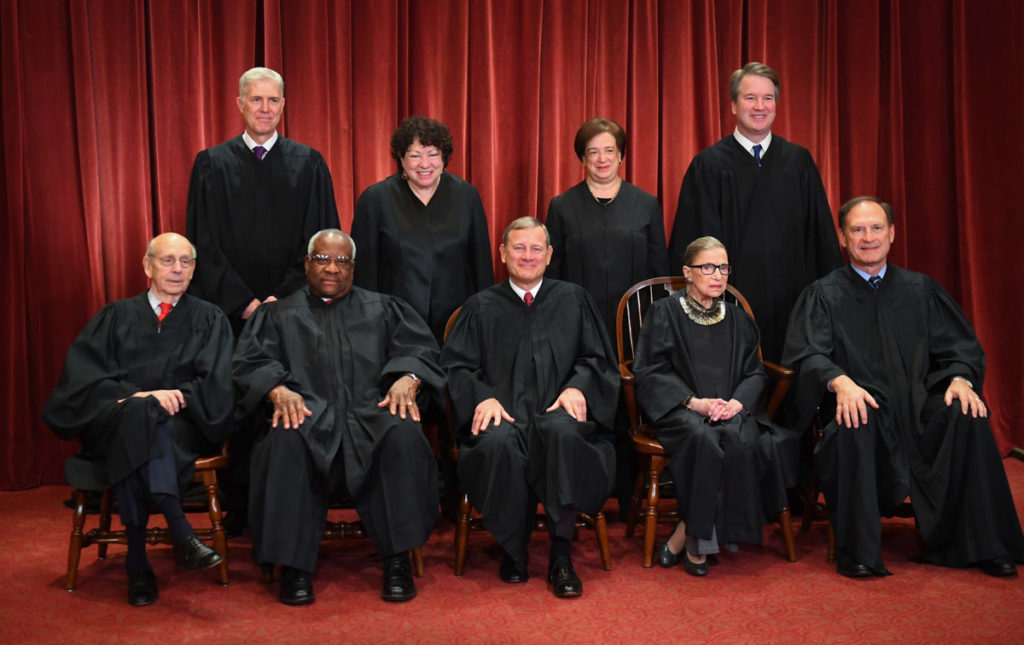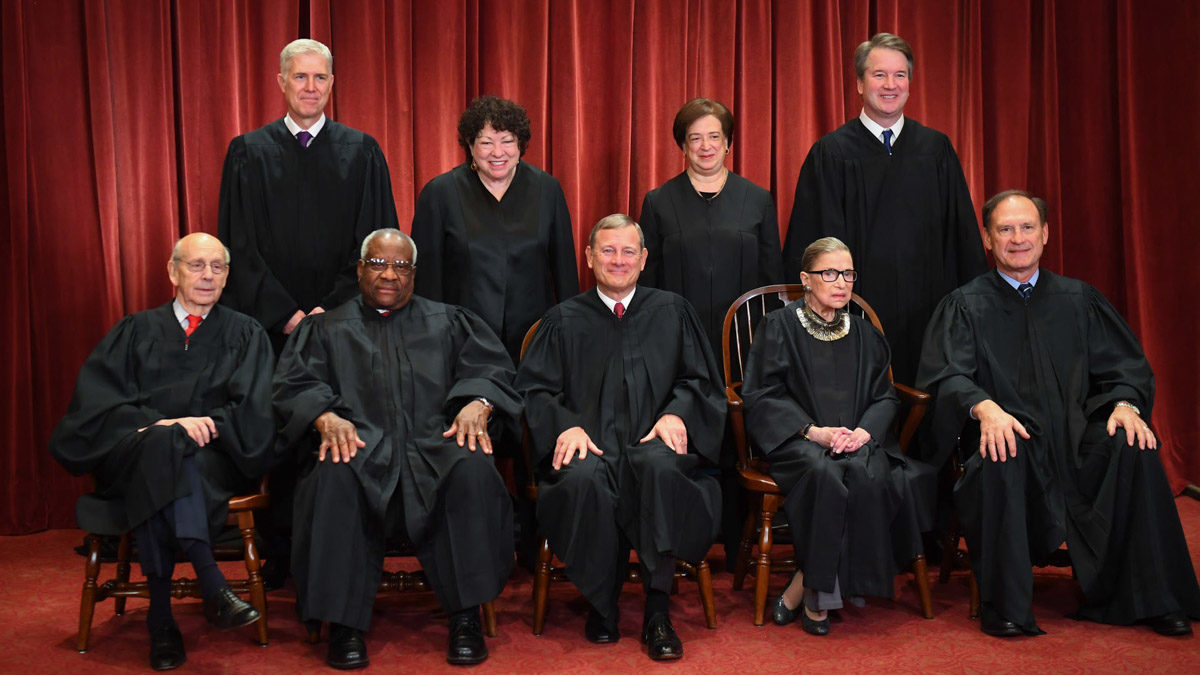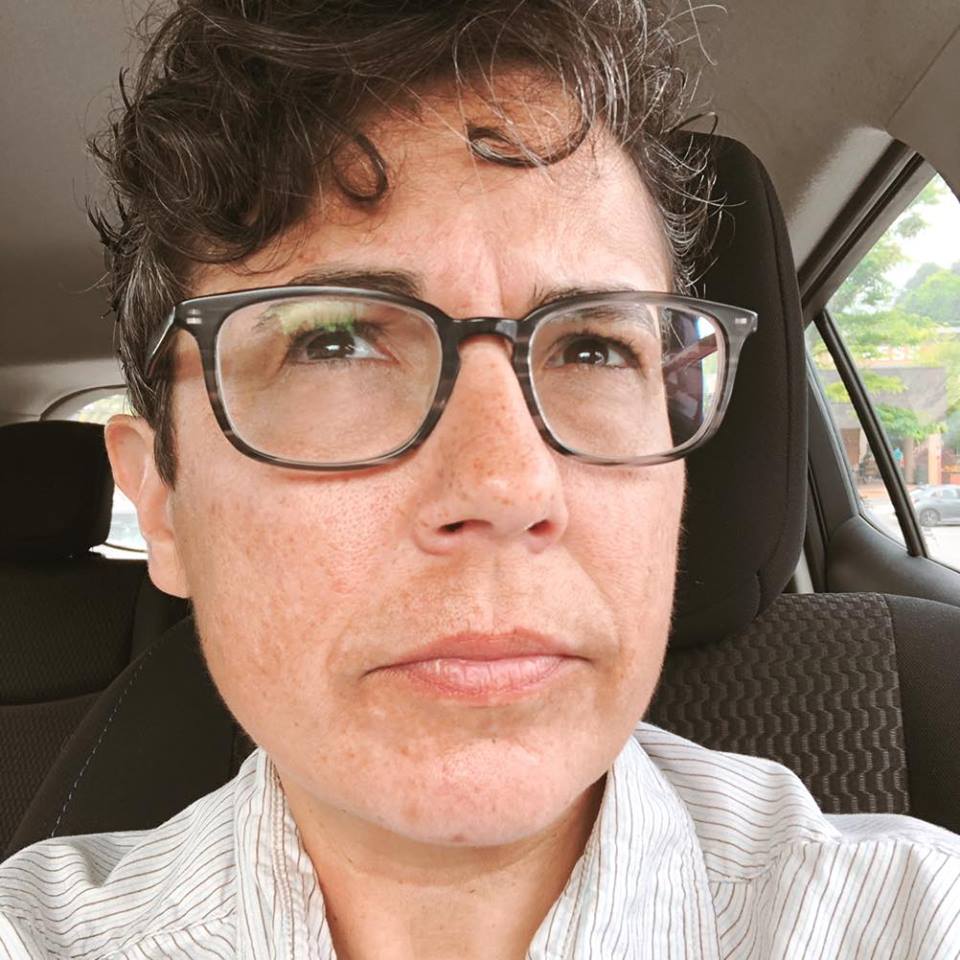The U.S. Supreme Court appeared to be divided over whether federal law protects gay and transgender people from workplace discrimination after hearing oral arguments in a trio of cases where the plaintiffs claim they were fired for being LGBTQ, according to media reports.
The Supreme Court on Oct. 8 heard oral arguments in two cases of alleged discrimination against gay employees and one case of alleged discrimination against a transgender employee. The justices are being asked to rule on Title VII of the 1964 Civil Rights Act that prohibits discrimination on the basis of sex and whether “sex” includes sexual orientation and gender identity.

The court’s four liberal justices are expected to side with the plaintiffs in their cases. But based on questions asked by conservative Justice Neil Gorsuch over two hours of arguments on Oct. 8, the Washington Blade, the oldest LGBTQ newspaper in the country, described him as “a potential ally for LGBT people.”
“If LGBT rights supporters eke out a victory from the Supreme Court, they may well have Gorsuch to thank on the divided court for taking them over the finish line,” according to the Washington Blade.
Reuters also reported Gorsuch, a Trump-appointee, appeared to be a potential swing vote in favor of LGBTQ protections because he asked “several questions indicating potential sympathy for the plaintiffs’ claims.”
Vox’s headline for its story on the oral arguments read, “Justice Gorsuch emerges as an unlikely swing vote in the LGBTQ discrimination cases.”
A Supreme Court ruling in favor of the protections could also extend beyond the workplace and into other areas such as housing and health care, according to some legal experts.
“We’re talking about the ability to earn a living, the ability to support our families [and] the ability to secure a safe place to live,” Ria Tabacco Mar, a senior staff attorney with the American Civil Liberties Union’s LGBT & HIV Project, told the Washington Blade. “I mean, this goes to the very heart of what it is to live and work in this country.”
The three cases being considered now are the most important since the Supreme Court legalized same-sex marriage in 2015.
Although LGBTQ people may get married in every state, there are more than 4 million LGBTQ people who can be fired for being who they because they live in the 28 states where there are no laws banning LGBTQ discrimination, according to the Williams Institute at the University of California, Los Angeles.
“These cases will affect more people than the Supreme Court’s decision about the freedom to marry, and they potentially implicate a broader range of contexts in which LGBTQ people may face harm, if the Court green-lights discrimination,” according to James Esseks, director of the ACLU LGBT & HIV Project.
“Worse still, a bad ruling would strip away protections against discrimination that LGBTQ people have been able to use to protect themselves for two decades,” Esseks said.

































